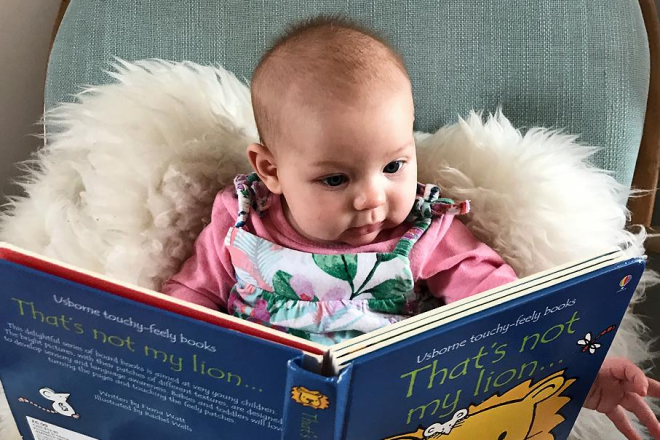 Top 10 tips to building a baby’s brain as Blackpool Better Start believes, building a brain is a lot like building a house and so must have strong foundation. Strong foundation builds the stronger resilient communities to help parents, essential for healthy structure of child’s brain.”
Top 10 tips to building a baby’s brain as Blackpool Better Start believes, building a brain is a lot like building a house and so must have strong foundation. Strong foundation builds the stronger resilient communities to help parents, essential for healthy structure of child’s brain.”
1) Support
Get support to create a solid foundation by ensuring that parents and caregivers have the right information and support available to meet a baby’s needs. In UK, Blackpool and other parts of country, having parents attend their antenatal programme and being involved with your health visitor, midwife and other people are there to support you through your pregnancy is really important during that transition into parenthood.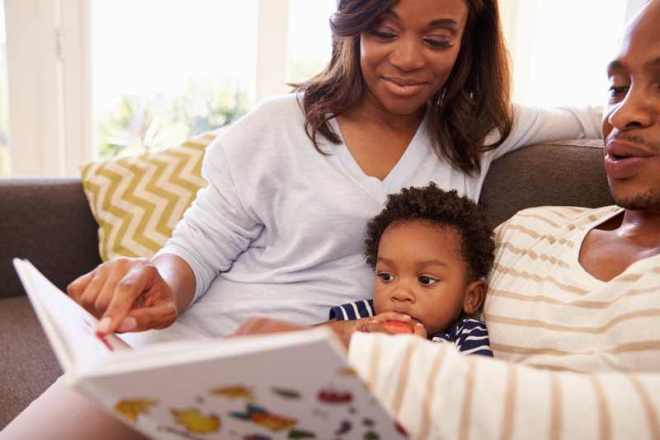
2) Positive nurturing interaction
Developing a brain is an interactive process. ‘Serve and return’ activities can help with this – that’s the “goo goo” and “gaa gaa”, when you respond to what your child is saying to you. It’s like a tennis match. Maybe your child gives you a tissue, you take is and say “thank you”. Embracing those ‘serve and return’ opportunities helps build those interactions.
3) Read, read, read
Research shows us how beneficial reading is to a child’s development. The evidence we have proves children who are read to, by parents or caregivers do better in school. The have higher self-esteem, develop better relationships with other children and are better behaved. We recommend reading 15 minutes a day to your child – that does make a difference to their development.
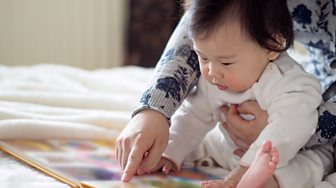
4) Talk to Babies Early
When adults interact and elaborate what the child is saying to them – like asking questions, sharing rhymes and songs – then children start to develop those cognitive skills and the tools they need to succeed. Even when the child is saying something that’s not particularly intelligible, start a conversation with your child and let them recognise that you will interact with them in that way.
5) Managing stresses
We know that some stress is considered to be good – like meeting a new person, that can be good for a child. It’s for children who grow up in chronically stressful environments, they might be subject to violence, abuse and neglect. Those children experience ‘toxic stress’ and we talk with families about what toxic stress looks like and the impact is has on that child. Caregivers should be aware of the environment a child is in, be able to comfort them when they’re upset and calm their emotions. Helping a child’s stress response system come back to normal levels is really, really important.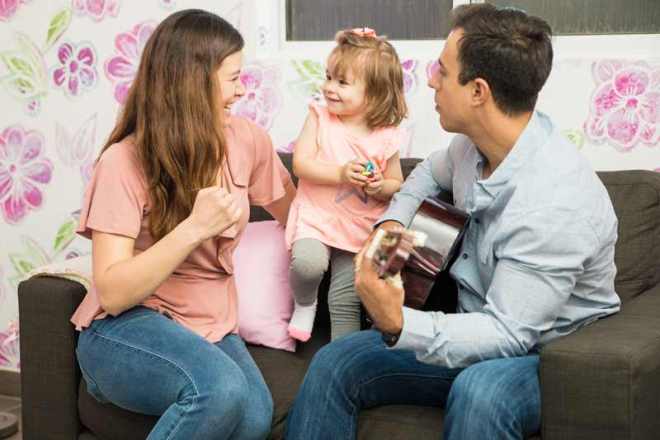
6) Be attuned, responsive
The relationship between the main caregiver allows the baby to grow physically, emotionally, intellectually. We know that babies and children need to feel safe, protected and nurtured by caregivers, to identify responds to the child’s needs. Unresponsiveness lead to difficulties socially, behaviourally and emotionally which may affect the child’s physical and emotional development.
7) Outdoors
Remember the importance of outdoor play by using open spaces, parks and other outdoor settings. Look for outdoor opportunities which are vital for brain development and we know that play is essential for a child’s learning and well-being. It can help the parents too. Being outside as a family, particularly if you live in a small house or don’t have much space, getting outside and doing some activity can make you feel better, is good for the child and it’s free!
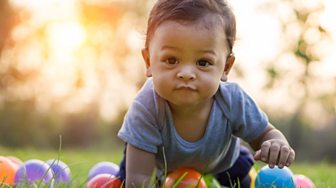
8) Nutrition and diet
A poor diet can negatively affect a child’s brain development and nervous system. But for us, it’s supporting parents getting their child into solid food. We know breastfeeding is really good for nutrition, because the milk in a mum’s body changes everyday to give the child what they need. We also know that once you move on to solid food, it’s about looking at what kind and how you serve the food to a child. There needs to be a good range of foods that will address their nutrition and diet.
9) Mum & dad take care
Obviously a expectant mother needs to be taken care of during pregnancy, because that vital for the wellbeing of the baby, but that continues well after birth. Establishing regular routines for sleep helps with brain development and stress, as does physical activity. Being physically active for 60 – 90 minutes a day helps strengthen brain connection with motor skills, balance, vision and other abilities. It also helps combat stress for mum. We think mums who have good nutirion, who are acitive during pregnancy are able to have a healthier birth.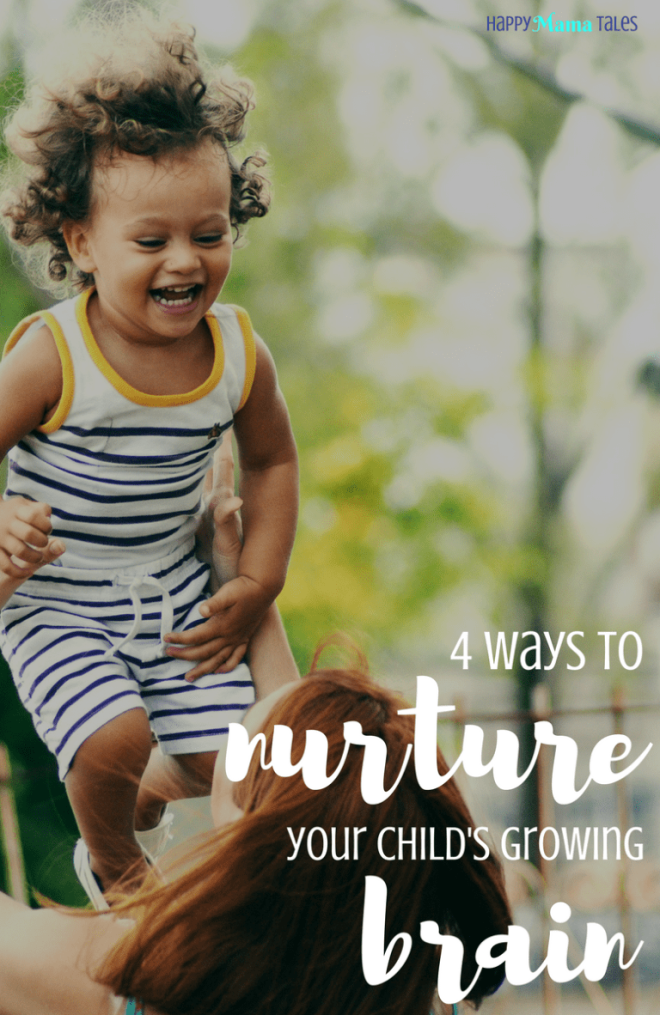
10) Communities
We talk about communities a lot, because it’s not just the parents that help grow the child, it’s the whole community and extended family. Studies have shown that children tend to do better from strong, supportive communities. Everything we do is based around gearing up communities and parents to do more for themselves, by giving the community members skills, making them more understanding about child development and what they can do to support that. Children centres, peer supporters and trained volunteers can offset poverty and other risk factors in early development.
